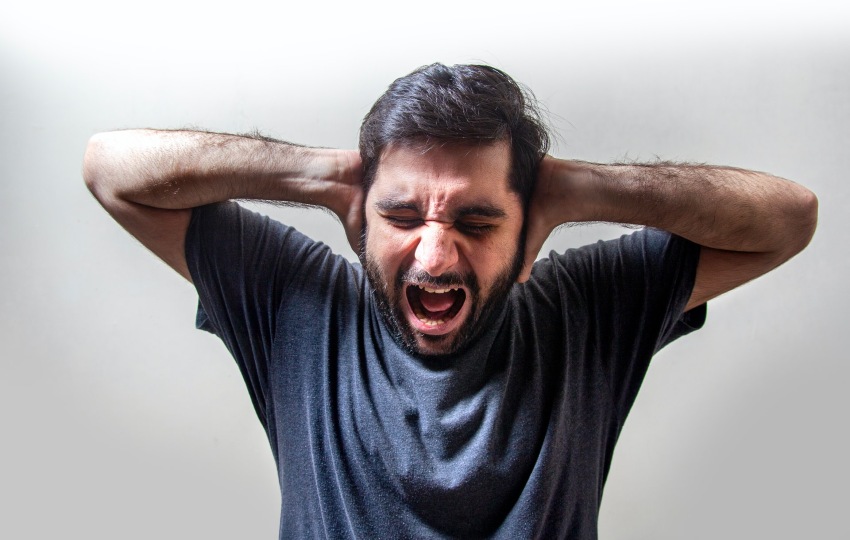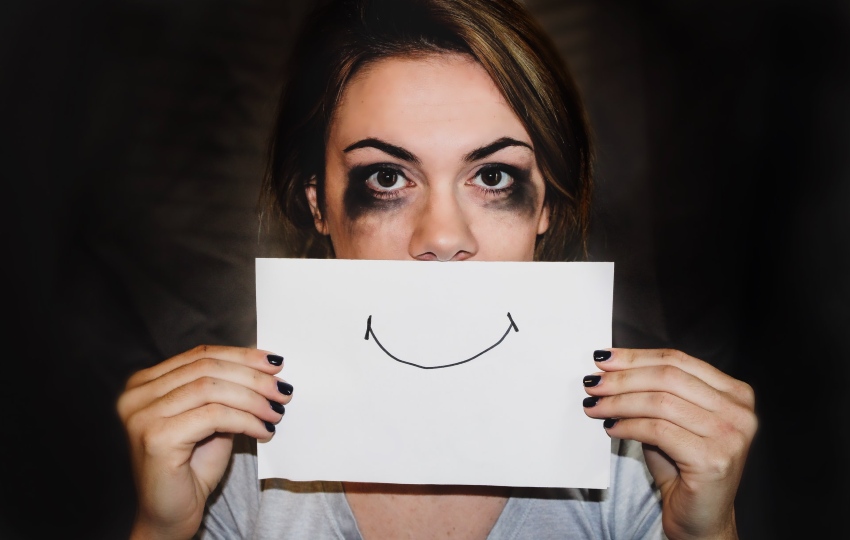Mental disorders, or mental illness, are conditions of the mind that affect a person’s behaviour, mood, and thinking. The disorder can be temporary, recurrent, or continuous.
While some of the causes of the mental disorders remain unclear, stress is thought to be a major cause for most people. In fact, everybody has some level of stress.
If you worry too much about your problems or the future, you might get stressed and start feeling anxious. When anxiety continues for six months or more, it leads to anxiety disorder. At this level, it is advisable to seek anxiety treatment.
Mental disorders can have negative social effects. This article highlights those effects, their main causes, and how you can overcome them.
Types of Mental Disorders
Depression and anxiety are closely related. While the primary cause of anxiety is the tendency to worry excessively about the future, depression is caused by feelings of hopelessness and worthlessness. A person struggling with depression feels sad, guilty and may have suicidal thoughts. Other symptoms of depression include the inability to sleep, poor concentration, loss of interest, lack of appetite or too much appetite, and craving isolation.
Bipolar is also associated with depression, but radical mood swings mostly characterize it. A person with bipolar disorder tends to experience emotional highs and lows. During the high episodes, also known as mania or hypomania, a person becomes hyperactive with intense feelings of happiness (euphoric). During the low episodes (depression), the person experiences less energy and losses interest in normal activities.
Schizophrenia is another mental disorder that makes a person lose touch with reality. Distinguishing between fantasy and reality becomes difficult. A person experiencing this problem may start to see or hear things that are not there. Other symptoms include neglecting personal hygiene, distorted speech and memory, false beliefs, and hallucination.
Dementia is a condition that affects a person’s ability to remember, process thoughts, and make decisions. Learning and socializing become difficult for such a person. The main cause of dementia is progressive damage to brain cells. This damage may occur when a person is affected by stroke or gets Alzheimer’s.
Autism is a developmental disorder characterized by repetition of the same behaviour plus impairment in communication and social skills. It affects the nervous system of a person. It is associated with environmental and genetic factors. Drinking alcohol and using drugs during pregnancy increases the risk of getting a child with autism.
Causes of Anxiety and Depression
It’s normal for you to feel sad at times. For example, if you experience the loss of a loved one through death, you may describe your situation as depressing. However, depression disorder is not caused by a short-term period of sadness. It results when stress and feelings of sadness become persistent and over-the-top, thereby distorting the way you think.
Problems like poverty and long-term joblessness can lead to depression. Many countries have reported an increase in mental health issues during the Covid-19 pandemic. This is because there were many job losses that made life difficult for many people. Domestic problems that result from such joblessness can increase stress levels too.

Loneliness is another major cause of depression. Your social needs are as important as other basic needs. Isolating yourself from others gives you a lot of time to focus on your personal problems and magnify them. Since you have no outlet, they start to weigh you down, leading to stress, anxiety, and finally depression.
Many doctors have agreed that some of the causes of depression are genetic factors. If you have a twin who happens to have severe depression concerns, there’s a high chance for you to get depressed. While this may sound scary, anxiety treatment from an expert can reduce the social effects.
Social Effects of Mental Disorder
All mental disabilities have the effect of impairing one’s social life. A depressed person tries to avoid meeting people. Your friends will notice that you are not interested in them, and they too may tend to avoid you.
Some societies may also be lagging when it comes to fully embracing people with mental disabilities. Many such societies can have negative perceptions about depressed people, and few of them are willing to reaching out and help. This makes the problem worse for those who can’t get help.
Likewise, it can become difficult for people with mental disabilities to get jobs, especially where the potential employer is aware that the job seeker has this condition. On the other hand, some subjects’ who already have jobs are likely to lose them if depression gets in the way.
Maintaining healthy relationships is difficult for people with mental disabilities. Relationships with friends, family members, and spouses are weak and likely to break. This concern is most evident where communication is lacking.
Overcoming Negative Social Effects of Mental Disorder
Over 75% of people with mental disorders do not seek treatment. Yet, treatment is the most important thing for such people.
Therapies are the most common form of anxiety treatment. Other methods of treatment, including medicine such as antidepressants, can be administered depending on the root cause of the disability.
A healthier lifestyle can go a long way in helping a depressed person. Regular exercise can help to clear your mind and relieve some stress. Eating healthy food such as fruits and vegetables is also known to help.

In Europe and the USA, one in four people struggles with a mental disorder at some point in every year. This shows that a person may have a mental condition and not know about it. Therefore, it’s important to develop and maintain good social habits to avoid the risk of severe depression.
Widening your friendship circle can help you deal with depression. Going out in public, especially where groups of people meet, is another important thing. You can also participate in clubs or hobbies that involve other people.
Learning how to communicate well and connect with others can grow your social life and help you deal with depression. If your friends and family are far, a video call once in a while can help to keep the relationship going.
Conclusion
There are many causes of mental disorders, but depression is the most common. People struggling with mental disorders find it difficult to relate well with others. Solutions for these problems may differ depending on the cause. If the cause is stress, then anxiety treatment can prove to be helpful.
Author Bio
Sara Anderson of The Ezcare Clinic, a medical clinic that provides world-class healthcare services. Sara has been associated with the healthcare industry for over five years and specializes in medical content.

